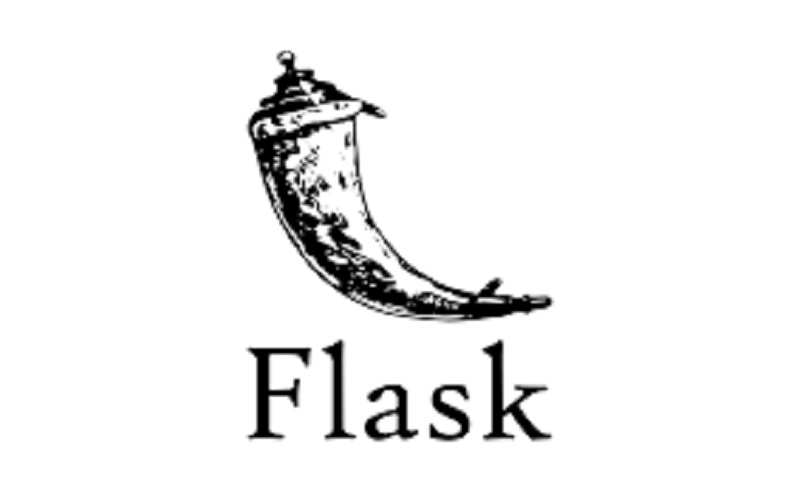Web Frameworks play a vital role in project development. If you are a web developer, you must go through web frameworks. Web Framework is a collection of libraries, components, etc. A Library is a collection of predefined codes written by someone else to use in our project. It saves our time and resources and provides an organized structure. We can easily manage or debug our code without any worries. Picking the correct web framework is tedious for any developer. The first five will be front-end web frameworks, and the last five will be back-end web frameworks.
1. React JS
There is no doubt why this framework is categorize as the number one front-end web framework. It has n-number features. It stands as an excellent option for beginners seeking to learn. This framework always stands out because of its virtual Document Object Model (DOM). Its tools are highly advanced and very useful. It has a big community.
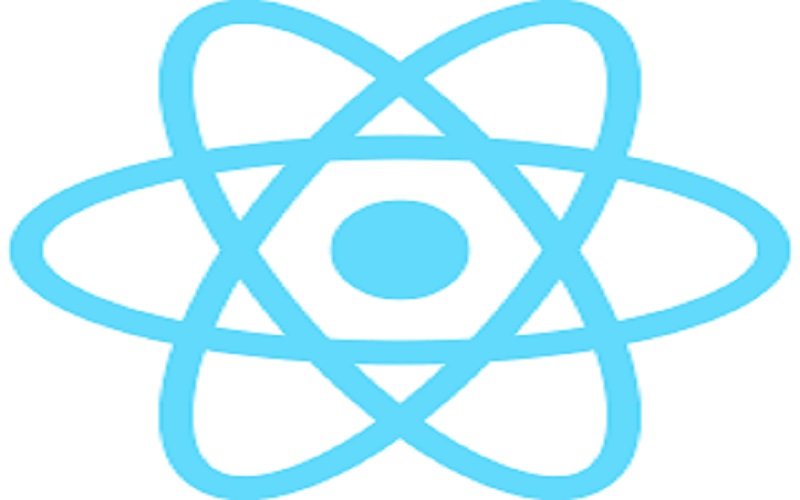
2. Angular.js
This framework is always preferable among any other below front-end web framework. It fulfills the gap between the increasing technology demand and the conventional concept that showed the result. A standout feature is, its consistent applicability in projects, notably its robust two-way data binding capability. It has a large community as compared to other front-end frameworks.
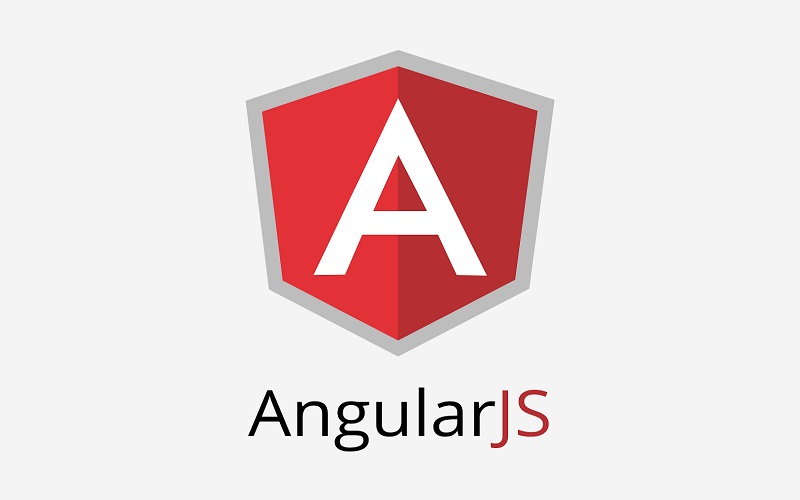
3. Vue.js
It is a straightforward web framework. This framework removes the complexity which was present in the Angular JS framework. One of the best features of this framework is it supports typescript, helps to debug the code easily, and understand the bug quickly. Simple syntax is there. However, the community is relatively small, so it becomes difficult to resolve the big problem in the project.
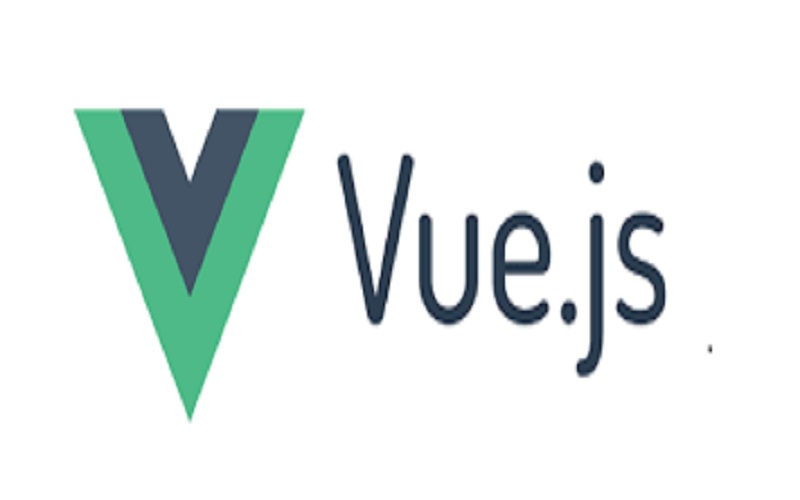
4. Ember.js
Ember.js is a component-based web framework. This framework helps the organization or developer fulfill the increasing demand for modern technology. Developers can develop complex web applications using this framework. It is pretty similar to Angular JS, and it is the fastest web framework. Proper documentation is also available for project development.
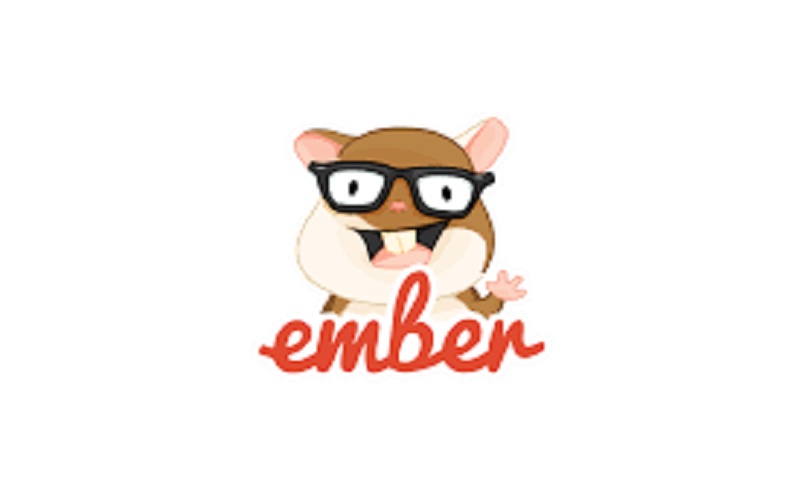
5. Backbone.js
It is one of the most straightforward front-end web frameworks for web developers. It helps to develop single-page applications simply. This framework is dependent on Model View Controller (MVC) architecture. If you are a beginner, this framework will help you to build a small single-page application. DOM (Document object model) is flexible for adding or removing elements.
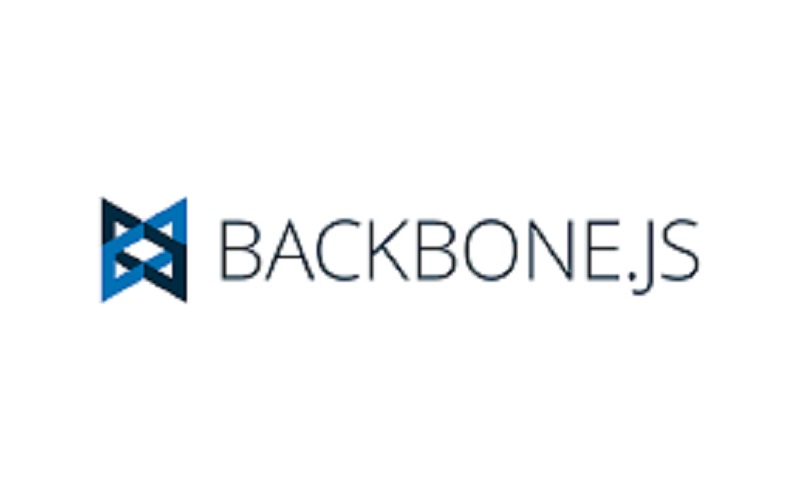
6. Laravel
This framework is based on PHP and is famous for its code capability, simple structure, and great tools. It is a back-end web framework used by many web developers in back-end for any type of website. If you are good with PHP, this web framework will help without any reason.
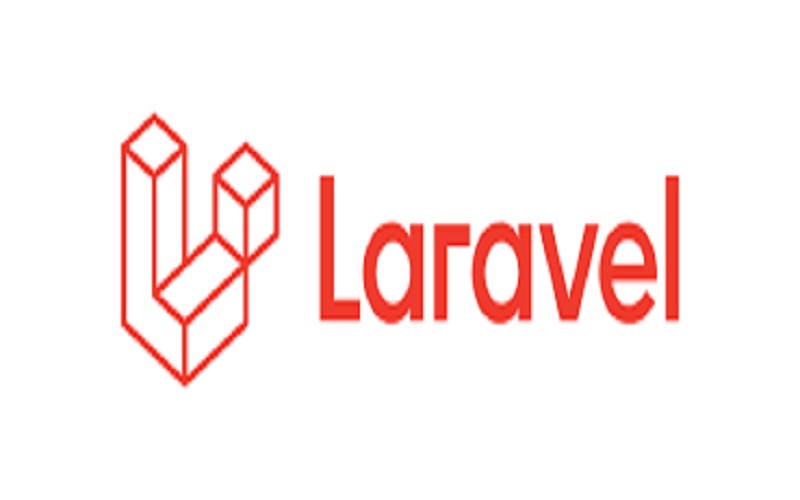
7. Django
It is a high-level web development framework based on Python programming language. This framework enjoys a substantial developer community. It is compatible with another front-end framework. Python is known for its easy syntax and code readability, so this framework is also simple. If you are good at Python programming language, definitely this framework will be smooth for you to learn than any other. Django provides multiple tools for web development.
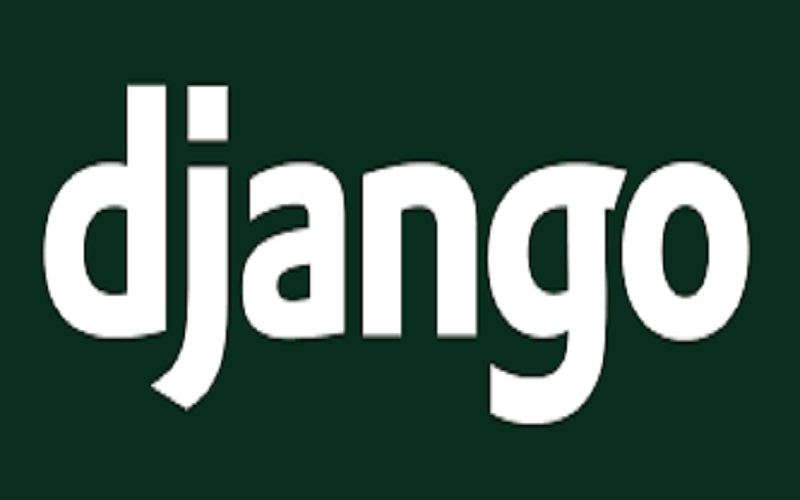
8. Spring Boot
This framework is dependent on Java, which is one of the popular programming languages. It helps developers to develop quick web applications without worrying about the configuration. Java is multithreaded, so this web framework helps to perform long and repetitive operations. It increases productivity and reduces the development time.
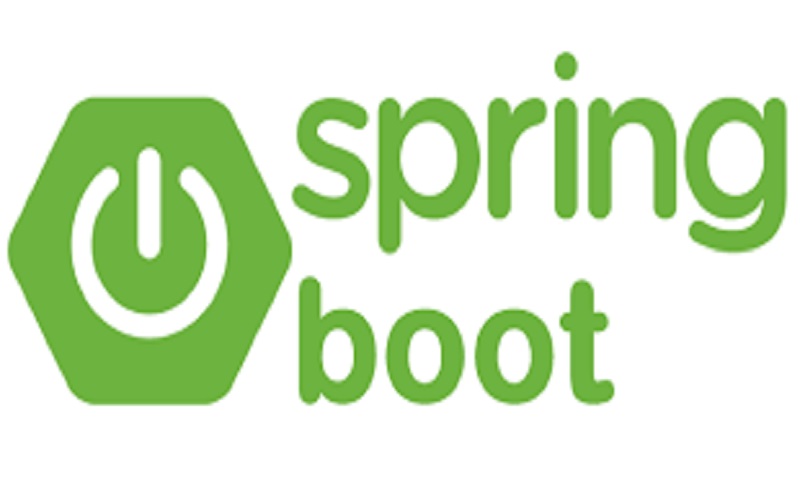
9. Express js
This framework is known as the fastest and most minimalist framework. It is a back-end web framework. It is based on JavaScript, which is also used for both mobile and web development. If you are good in JavaScript, then Definity, you can learn both types of frameworks. Several applications, such as PayPal, IBM, etc., were developed using this framework.
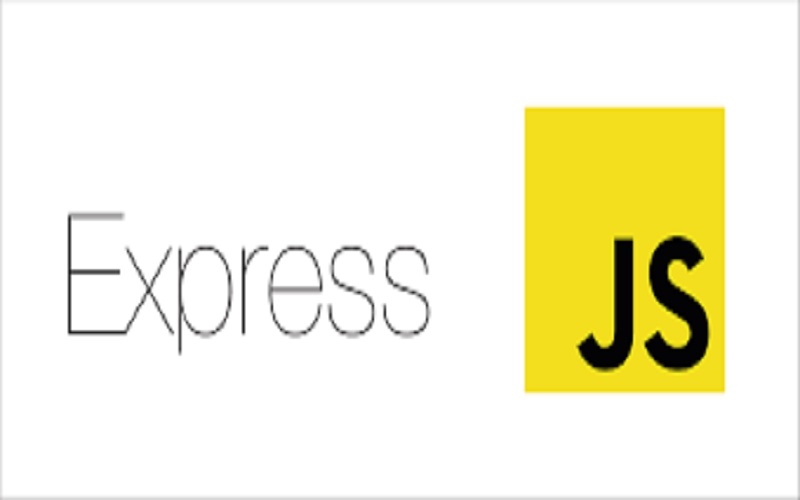
10. Flask
Flask is a micro web framework. This framework is popular after Django because it is also dependent on Python language. This framework also provides single as well as multi-page web applications. Some companies like Pinterest and LinkedIn use this framework to make internal tools. We can use extensions to extend the limit of the flask. This framework needs configuration by the developer.
